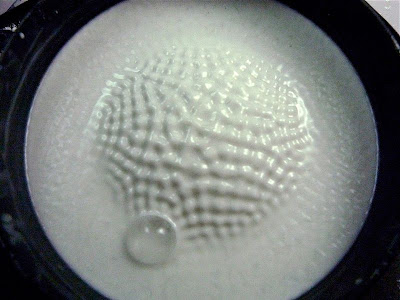Interpreterfrom Latin interpretari (“‘to explain, expound, understand’”), from interpres (“‘agent, translator’”)
Noun
1. One who listens to a speaker in one language and relates that utterance to the audience in a different language. Contrasted with translator.
Wei Li had to interpret the whole speech, and they didn't even give her any study materials beforehand.
2. (figuratively) One who explains something, such as an art exhibit.
3. (computing) A program which executes another program written in a programming language other than machine code.
Alphagram
eeeinprrrtt
Reinterpretto reinterpret (third-person singular simple present reinterprets, present participle reinterpreting, simple past and past participle reinterpreted)
1. To interpret again.
If you look at it that way, you can reinterpret all the old evidence so that it supports the new theory.
Verb 1. reinterpret - interpret from a different viewpoint
re-explain
rede, interpret - give an interpretation or explanation to
2. reinterpret - assign a new or different meaning to
construe, interpret, see - make sense of; assign a meaning to; "What message do you see in this letter?"; "How do you interpret his behavior?"
Alphagram
eeeinprrrtt
Compose–verb (used with object)
1. to make or form by combining things, parts, or elements: He composed his speech from many research notes.
2. to be or constitute a part or element of: a rich sauce composed of many ingredients.
3. to make up or form the basis of: Style composes the essence of good writing.
4. to put or dispose in proper form or order: to compose laws into a coherent system.
5. Art. to organize the parts or elements of (a picture or the like).
6. to create (a musical, literary, or choreographic work).
7. to end or settle (a quarrel, dispute, etc.): The union and management composed their differences.
8. to bring (oneself, one's mind, etc.) to a condition of calmness, repose, etc.; calm; quiet.
9. Printing.
a. to set (type).
b. to set type for (an article, book, etc.).
–verb (used without object)
10. to engage in composition, esp. musical composition.
11. to enter into composition; fall into an arrangement: a scene that composes well.
Recompose1. To compose again; reorganize or rearrange.
2. To restore to composure; calm.
Put TogetherTo construct; create: put together a new bookcase; put together a tax package.
(from wikipedia, and other online dictionaries)

















.jpg)






































